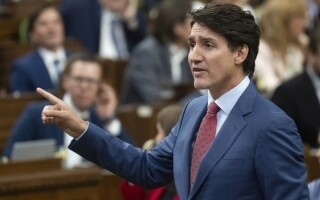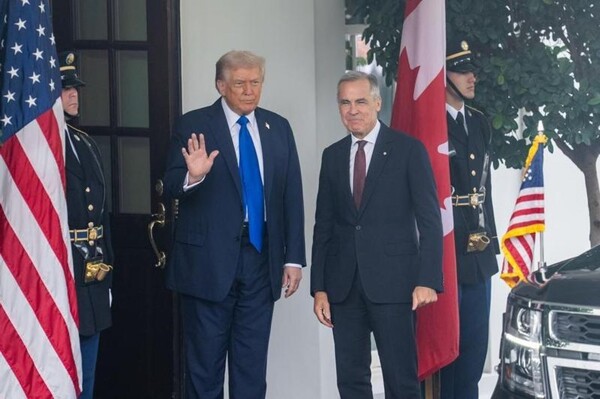
Although he was once a popular and charismatic figure, the Prime Minister of Canada, Justin Trudeau, has become an unpopular person among Canadians, even among the early voters. He is facing a decline in his popularity, which is partly attributed to the accumulation of scandals that have marred his government and his failure to communicate with voters about pressing issues.
A new opportunity is available for opposition parties in Canada to achieve a significant breakthrough against Trudeau after almost nine years of his rule. Following a government that continued for at least a minority in the legislative body in the 2019 and 2021 elections, a study found that Trudeau faces challenges in maintaining his seat, especially with increasing public discontent and criticism among voters.
Trudeau's popularity has been in a continuous decline, which has been noticeable in tandem with repeated scandals, including violations of conflict of interest laws and provocative statements sparking debate. He has also faced criticism for his handling of pressing issues such as immigration, inflation, and rising living costs.
Despite some members of his Liberal Party announcing the need for his departure, Trudeau insists on remaining in his position and seeks to achieve reforms with voters. Meanwhile, the Conservative Party tries to capitalize on the decline in his popularity to gain voter support, but with no notable success.
The upcoming Canadian elections in October 2025 present a critical opportunity for how voters will act and their choices for the next government leaders, indicating the extent of the potential shift that could occur in the Canadian political landscape.












